New York City Schools Chancellor Richard Carranza is leaving his post on March 15, a sudden departure in the midst of a public health crisis that has meant a tumultuous, draining year for the city’s roughly 960,000 students and their families — as well as the chancellor himself.
Meisha Ross Porter, the executive superintendent of the Bronx, will replace Carranza and become the first Black woman to lead the nation’s largest school system, Mayor Bill de Blasio announced Friday.
Porter will take over a fraying school system, with many students having lost out on critical instructional time and facing mounting mental health needs. On top of that, many schools have seen significant enrollment drops, with the overall student population dropping 4% from the previous year, and as a result, many principals might start next year in serious debt.
Families and educators on both sides of the reopening debate — those who wished this year was fully remote and those who want their children back in classrooms five days a week — are frustrated with Carranza and de Blasio, and have blasted them for not having a clearer plan for September. But under the city’s system of mayoral control, de Blasio ultimately calls the shots, and his handling of the reopening saga has played a role in an exodus of education department insiders who said their expertise was shunned by City Hall.
Integration advocates have also repeatedly fingered de Blasio as the roadblock to more transformative school diversity efforts — something that may have played a role in Carranza’s sudden departure.
After losing 11 friends and relatives to the coronavirus, Carranza said he was leaving so he could grieve and focus on self-care, and he does not know what his next steps will be.
“I need time to grieve, and this city, this school system, deserves a chancellor who 100% is taking up the helm and leading the charge to bringing everybody back in September,” Carranza told reporters. “I’m proud and incredibly honored that I had the opportunity to do that to this point. At some point you have to heal your own heart if you can share your heart with others, and that’s what this is about.”
Porter, a New York City public school graduate, started out as a youth organizer in the Bronx’s Highbridge neighborhood and has worked for the education department for 20 years, serving as a teacher, principal, and superintendent in the Bronx. In 2018, Carranza appointed her to fill the new role of executive superintendent in the Bronx, overseeing the borough’s 361 schools.
“I am ready to hit the ground running and lead New York City schools to a full recovery,” Porter said in a statement.
Carranza took the reins three years ago, after leading Houston schools. He stepped into a contentious battle over integration in New York City, which is one of the most segregated systems in the country, by bluntly questioning the city’s admissions policies.
He was more outspoken than the mayor on wanting to overhaul the admissions system, and that may have played a role in the chancellor’s move. Carranza reportedly drafted a resignation letter after a recent disagreement with the mayor about the Gifted and Talented test for 4-year-olds, according to the New York Times. Black and Latino students are dramatically underrepresented in gifted enrollment, and the education department warned that administering the exams this year would only exacerbate disparities. (Ultimately, the mayor’s plan was upended by a surprise vote of the citywide Panel for Educational Policy, which narrowly rejected a contract to continue administering the test.)
De Blasio, speaking Friday on WNYC, denied that the decision was related to the gifted controversy. When asked if his departure was connected to disagreements with de Blasio, Carranza said he needed time “to take care of me.”
Along with the mayor, Carranza’s leadership has been criticized since the coronavirus pandemic forced school buildings to abruptly close in March 2020. Many educators faulted the mayor and chancellor for keeping buildings open too long in the spring and stifling information about possible cases among communities when school staff had to report to buildings as they prepared to transition to remote learning.
They’ve faced an uphill battle to regain educators’ trust. Following a chaotic summer of planning and major last-minute shifts — including two delayed starts to the school year and a reversal on the amount of live teaching for children on their remote days — the union representing principals and other school administrators issued a vote of no confidence in the chancellor and the mayor.
The return to in-person learning was also applauded by many as a serious feat considering the many logistical and labor roadblocks — ones that many other major school systems never overcame.
Yet many advocates criticized Carranza and de Blasio for missing the big picture for this year: while they focused time and money on reopening school buildings, roughly 70% of families ultimately chose to stay home full-time and participate in remote-only instruction. Many educators said the education department did not do enough to improve virtual instruction.
Other problems that have plagued the chancellor and mayor this year include a lack of devices for remote learning, questions about whether school buildings are properly ventilated, and whether the city’s Situation Room rapid response team is equipped to handle the weekly COVID-19 testing at schools.
Teachers union president Michael Mulgrew took a shot at the mayor, hinting that the chancellor’s hands may have been tied during the push to reopen schools.
“Richard Carranza was a real partner in our efforts to open school safely,” Mulgrew said in a statement. “Too often he had to fight behind the scenes to keep the needs of students, staff and their families ahead of politics.”
The timing of Carranza’s departure didn’t surprise some observers, as de Blasio’s second and final term will conclude at the end of the year, and many of the leading candidates to replace him have already said they plan to select a new chancellor to lead the education department.
Despite the complexity of school reopening and the difficulty of transitioning to a new chancellor in the middle of a crisis, it is clear much of the decision making is being run through City Hall, said Josh Starr, a former schools superintendent in Connecticut and Maryland and CEO of PDK International.
“The mayor’s clearly calling all the shots, and given that the mayor is on his way out, you’re going to have a new mayor and new chancellor,” he said. “It’s a political cycle.”
Carranza was the mayor’s second choice to run the school system after de Blasio’s first pick, Superintendent Alberto Carvalho of Miami-Dade County, backed out on live television. The mayor made it clear he wanted a caretaker chancellor who would continue the policies put in place under former chancellor Carmen Fariña. She had spent more than 50 years in the education department and her tenure was marked largely by undoing the legacy of former Mayor Michael Bloomberg.
One of Carranza’s first big moves was to shake up the education department bureaucracy by appointing new executive superintendents. He also pushed for implicit bias training for educators, earning him the appreciation of educators who rallied publicly in his defense, in the face of backlash in right-wing media and from some educators who said the sessions were hostile or uncomfortable.
His tenure began with hope for many parent advocates, who accused the education department of shutting them out of decisions affecting their local districts. He appointed Hydra Mendoza, a former colleague from Carranza’s time in San Francisco, as deputy chancellor to work with local advocates. Parents said they finally felt they could partner with the education department to address families’ concerns. But that relationship has steadily soured not long after Mendoza stepped down, following a string of other top-level departures that accelerated over the past year.
Despite reinstating the Chief Academic Officer position, educators have said that change has been slow to reach the classroom under Carranza’s leadership. His vision for improving instruction and supporting struggling schools has remained foggy. After the mayor ended his controversial and expensive turn-around program known as Renewal, there hasn’t been a clear strategy put in its place.
His impact on school integration is limited to mainly advocacy for change — an important shift in rhetoric under a mayor who previously refused to even say the word “segregation,” but one that ultimately led to few, if any, top-down reforms. Some community driven efforts, however, have gotten off the ground. One of the most notable is in Brooklyn’s District 15, which overhauled middle school admissions policies.
Many integration advocates saw the pandemic as an opportunity to more aggressively pursue changes in the city’s admissions systems, which are blamed for helping to drive segregation. Ultimately the city only pursued one-year changes that are likely to have a limited impact on the demographics of who attends school together.
The most high profile integration push under the mayor and chancellor, to overhaul how students are admitted to the city’s elite specialized high schools, arguably backfired by galvanizing opposition from local parent volunteer councils all the way up to new citywide organizations who have fiercely fought school diversity efforts.
Several high level education officials have departed since last summer, including second-in-command Cheryl Watson-Harris, the mayor’s senior education advisor Brandon Cardet-Hernandez, and senior department official Ursulina Ramirez. Miranda Barbot, Carranza’s press secretary, recently announced her departure.
Porter, who was praised by many educators she’s worked with, drew some criticism in 2019, when the schools watchdog received a complaint that she had enlisted subordinates to fundraise and organize a party to celebrate her promotion. The office later dropped its investigation.
This article was originally posted on Carranza to step down mid-pandemic after 3 years at helm of New York City schools
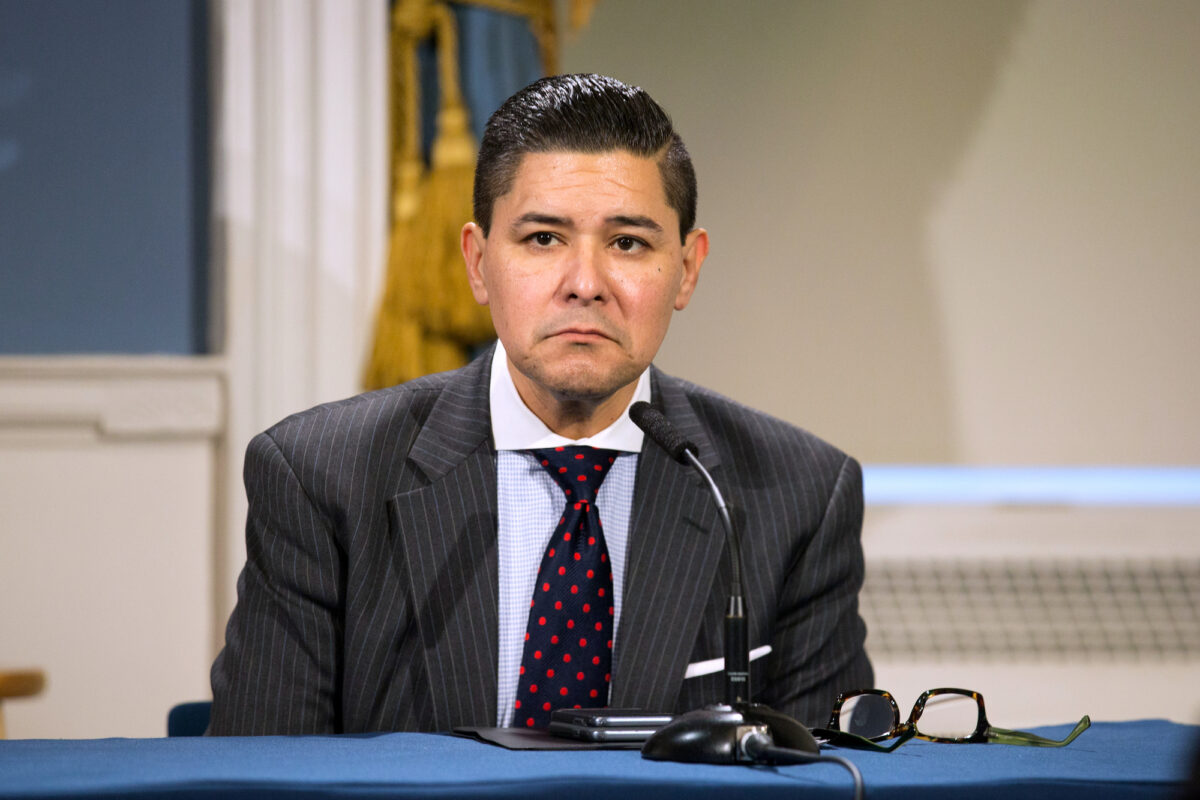

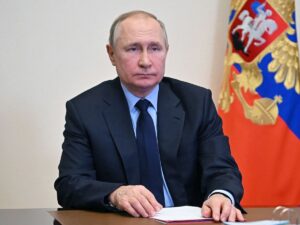
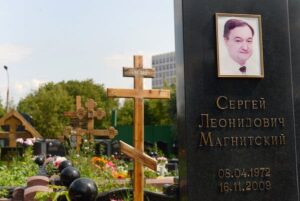
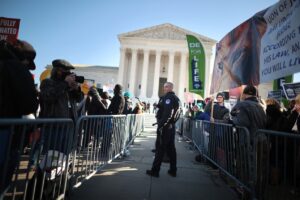
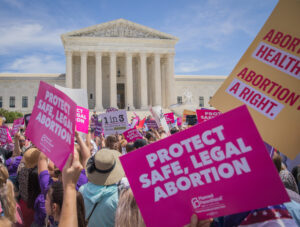
Be First to Comment